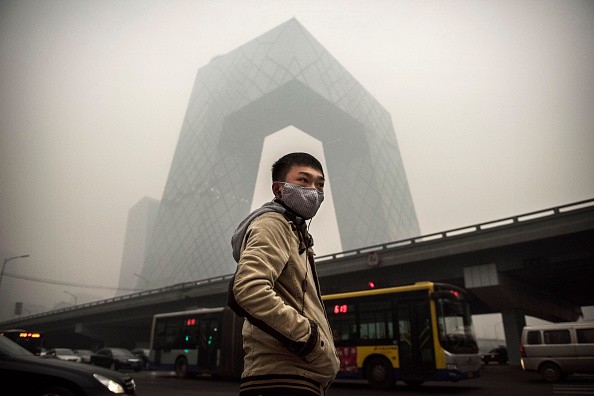In a study by the International Energy Agency (IEA), air pollution in China has been estimated to shorten life by an average of two years, the South China Morning Post (SCMP) reported.
The IEA data also showed that around 97 percent of Chinese people are being exposed to PM2.5 concentrations above the guidelines set by the World Health Organization. PM2.5 is considered as the most hazardous air particle to health.
The study, which marked as the agency's first on air pollution, further noted that approximately one million Chinese premature deaths are linked to outdoor air pollution.
In particular, the IEA research found out that about 1.2 million Chinese die annually because of household pollution, which can be mainly acquired by using low-quality fossil fuels to heat houses.
Fatih Birol, the organization's executive director, said that "this is not a mistake, [but a] crime."
Birol also remarked that the number of premature deaths could still rise, citing China's aging population, which is more vulnerable to the effects of air pollution.
Though the IEA executive noted that the government had undertaken ways to combat this issue, there are still more inexpensive strategies that could significantly decrease pollutant emissions.
Globally, air pollution causes 6.5 million premature deaths each year. However, Birol pointed out that this could be halved by resorting to cheaper methods, for instance, ending the tradition of burning kerosene and other organic matter at home.
Particularly in China, curbing air pollution may help increase life expectancy by 15 months in a span of over 30 years.
Meanwhile, Zou Ji, vice-director of the National Centre for Climate Change Strategy and International Cooperation, urged the government to make more cost-effective clean-up initiatives.
"The government has promised several trillion to clean up the air--policy makers need to make sure taxpayers' money is spent effectively," he said.



























